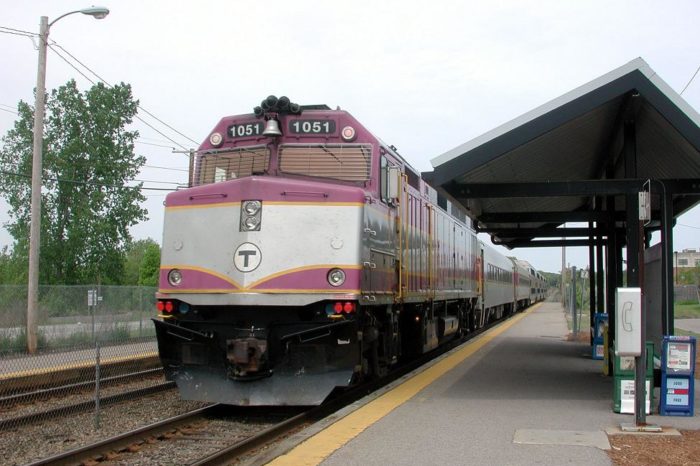Elimination of Old “Honor Boxes” for MBTA Parking
As part of their latest efforts to modernize, the MBTA has recently replaced all “honor boxes” that commuters would use to pay for parking with their more technologically advanced PayByPhone, an app for smartphones. Reputed as archaic and time-consuming, honor boxes required commuters to fold dollar bills and insert them into small metal boxes in order to pay for their parking spot on a daily basis. The right change was needed to pay the $4-7 daily parking fee, and during the morning rush, the process could become frustrating and time-consuming.
While PaybyPhone has been an option since 2008, the MBTA decided to completely switch over to the cashless system, which enables a commuter to either download the app and pay online or call a phone line to give their credit card information. If you don’t pay, you receive an invoice in the mail with a very small surcharge attached to the parking fee.
But the penalty is light for non-payment – only $1 on top of the regular fee.
Switching over from a manual process to a technological one has its fans and its skeptics. Some people who are not so technologically advanced may find the changes confusing as well as hard to follow, while others found the changes welcoming, as it made the task of paying for parking easier and more efficient.
Phones are nearly ubiquitous technology, and 75% of the commuters had already been paying through PayByPhone before the honor box system was completely phased out. The system removes the unnecessary hurdles of paying manually without correct change, and the online payment provides receipts that the honor boxes did not provide, which makes the process of disputing nonpayment substantially easier. From an internal control perspective, eliminating cash from the process is an enormous improvement.
Those without a cell phone are out of luck – but with the token fee, they’re not out of too much of it.
As efforts to become more modern increase, there will always be those who resist change. But for the organization of the MBTA as a whole, revamping this process might be an indicator of their attempts to push in a better direction, one that’s more welcoming to the 21st century. If this modernization could extend to other parts of the MBTA (such as the outdated methods of fare collection on the commuter rail), the transit authority would likely see huge benefits.
Sabrina Chishti is a Transparency Intern at Pioneer Institute from Tufts University majoring in biology and political science.



